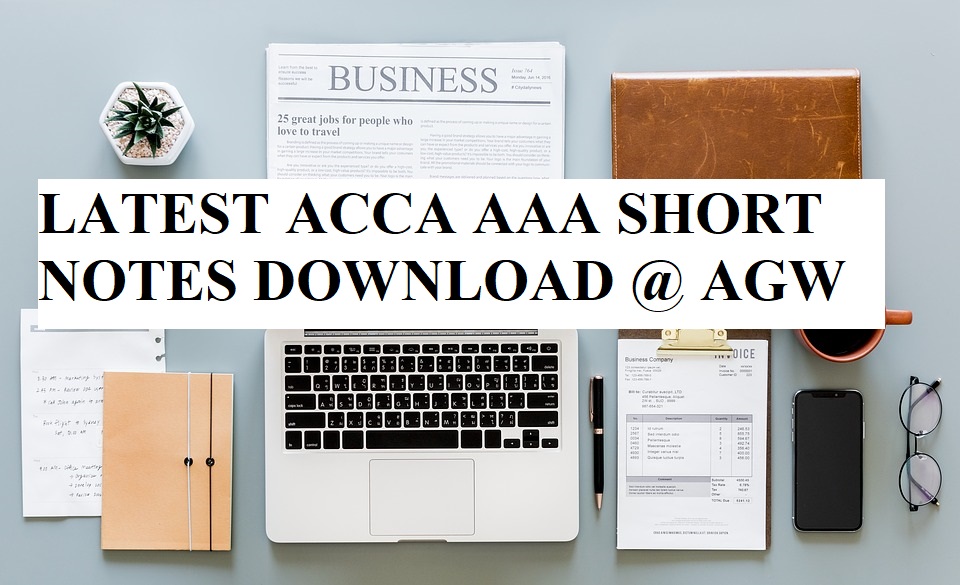IAS 8 Accounting Policies, Changes in Accounting Estimates and Errors
IAS 8 Accounting Policies
IAS 8 Accounting Policies are the principles and rules applied by an entity which specify how transactions are reflected in the financial statements. Where a standard exists in respect of a transaction, for example, IAS 8 Accounting Policies and estimates, the accounting policy is determined by applying that standard.
Where there is no applicable standard or interpretation, management must use its judgment to develop and apply an accounting policy. The accounting policy selected must result in information that is relevant and reliable. Management should refer to :
- Standards dealing with similar and related issues
- The Framework
Provided they do not conflict with the sources above, management may also consider:
- Pronouncements from other standard-setting bodies, as long as they use a similar conceptual framework
- Other accepted industry practices.
Changes in accounting policies
An entity should only change its accounting policies if required by a standard (IAS 8 Accounting Policies), or if it results in more reliable and relevant information. New accounting standards normally include transitional arrangements on how to deal with any resulting changes in accounting policy. If there are no transitional arrangements, changes in accounting policy should be applied retrospectively.
The entity adjusts the opening balance of each affected component of equity, and the comparative figures are presented as if the new policy had always been applied.
Where a change is applied retrospectively, IAS 1 revised requires an entity to include in its financial statements a statement of financial position at the beginning of the earliest comparative period. In practice, this will result in 3 statements of financial position
- at the reporting date
- at the start of the current reporting period
- at the start of the previous reporting period.
Changes in accounting estimates
Making estimates is an essential part of the preparation of financial statements. For example, preparers have to estimate allowances for financial assets, inventory obsolescence and the useful lives of property, plant, and equipment.
A change in an accounting estimate is not a change in accounting policy. According to IAS 8, a change in accounting estimate must be recognized prospectively by including it in the statement of profit or loss and other comprehensive income for the current period and any future periods that are also affected.
Prior period errors
Prior period errors are misstatements and omissions in the financial statements of prior periods as a result of not using reliable information that should have been available.
IAS 8 says that material prior period errors should be corrected retrospectively in the first set of financial statements authorized for issue after their discovery. Opening balances of equity and the comparative figures should be adjusted to correct the error.
IAS 1 also requires that where a prior period error is corrected retrospectively, a statement of financial position is provided at the beginning of the earliest comparative period.
Problems with IAS 8 Accounting Policies and Estimates
It has been argued that the requirements of IAS 8 to adjust prior period errors retrospectively may lead to earnings management. By adjusting prior period errors through opening reserves, the impact is never shown within a current period statement of profit or loss.







